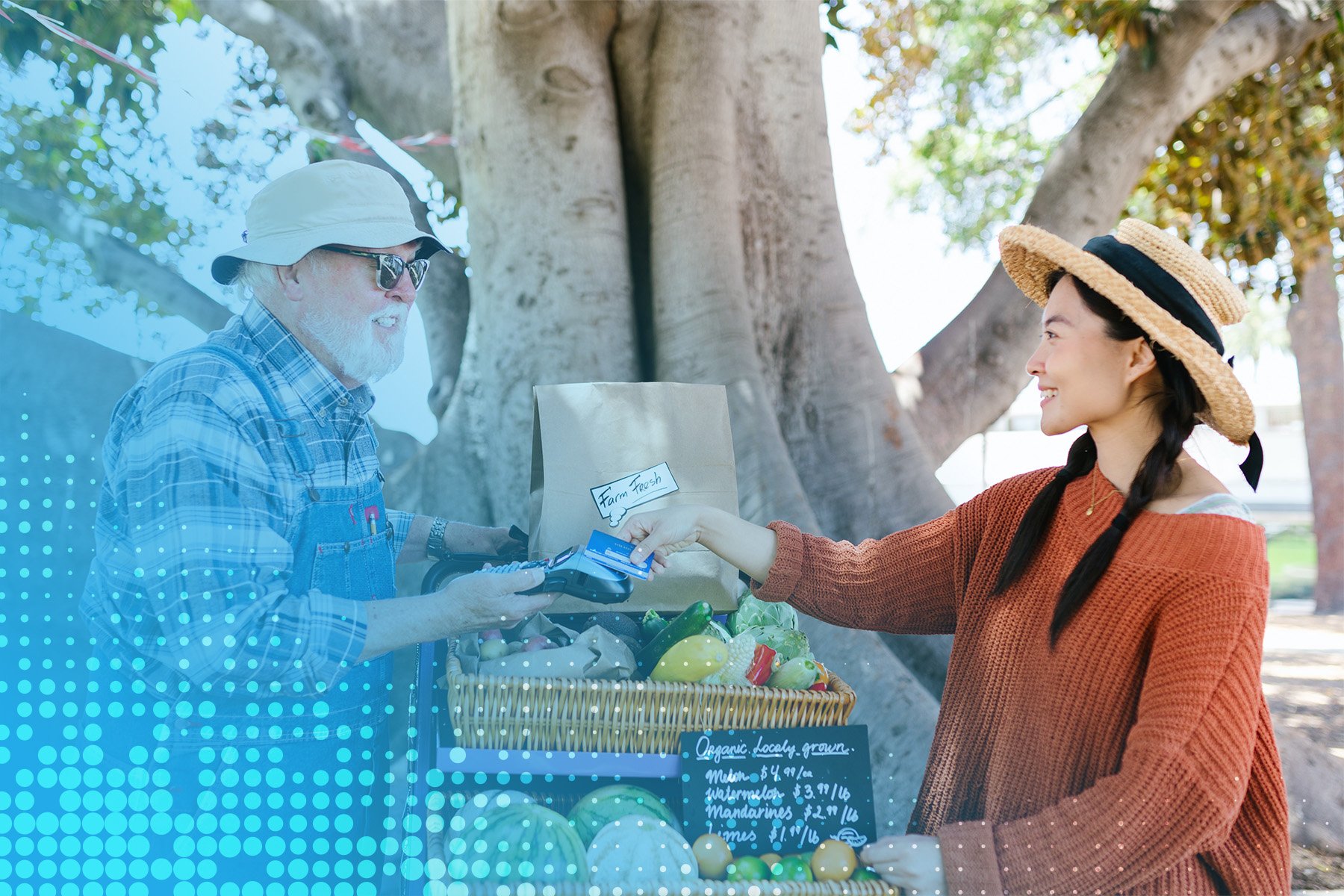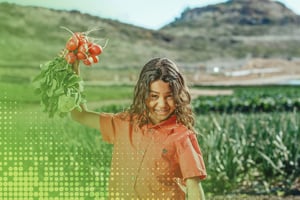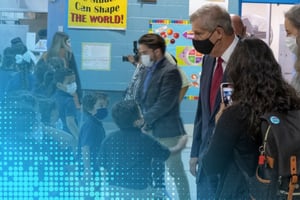Local farmers and the USDA bring fresh local food to schools to enrich the connection communities have with local food producers with the Farm to School grant program. This program was a part of the Richard B. Russell National School Lunch Act, like the National School Lunch Program, that aims to increase nutritional value of school lunches and ensure all students have access to healthy, balanced meals.
USDA Increases GusNIP Funding
The USDA announced an $8 million dollar increase in funding for the Gus Schumacher Nutrition Incentive Program (GusNIP) Produce Prescription Program on August 10th, 2022. This investment comes as a part of continued efforts from the USDA to increase health and nutrition security for those in need.
GusNIP is a program that incentivizes the purchase of fresh fruit and vegetables by income eligible families/individuals. This way, more people are encouraged to focus on their health and wellness and eat more daily fruits and vegetables. Dr. Chavonda Jacobs-Young, Education and Economics and USDA Chief Scientist, said: “Through this investment, USDA is making more nutritious food available to more people at more affordable prices. The GusNIP Produce Prescription program demonstrates the invaluable impact that access to fresh fruits and vegetables has on communities in need.”
Seventeen projects will be funded from this $8 million increase:
- Common Pantry’s Food MD Program (New York, New York), in collaboration with clinical partners, will screen and identify qualifying patients for a three-month Nutrition Education and Food Resource intensive training, building healthy dietary behaviors and increasing household food security for patients diagnosed with or at risk of developing diet-related chronic disease.
- The Appalachian Farmacy Produce Prescription Program (Johnson City, Tennessee) will provide 360 participating households with at least $240 in direct incentives per year to purchase fresh produce from local farmers markets and grocery stores.
- The Friends in Service to Community Food Bank (Kittitas County, Washington) will improve health outcomes, reduce health care use and costs, improve nutrition self-efficacy and sustain subsidized Community Supported Agriculture shares of Medicaid patients with diet-related health conditions.
- University Healthcare Physicians, Inc., (Martinsburg, West Virginia) will employ a mobile teaching kitchen/distribution unit that expands access to healthy food and culturally appropriate cooking and nutrition education across clinical sites in the eastern panhandle of the state
Having access to fresh fruits and vegetables, especially those that support your local economy, is an important part of this USDA effort to increase nutrition security. So, in honor of National Farmers Market week, remember that SNAP recipients can use their EBT cards at several local farmers markets, so be sure to have your fresh fruits and vegetables ready to go for your community!




